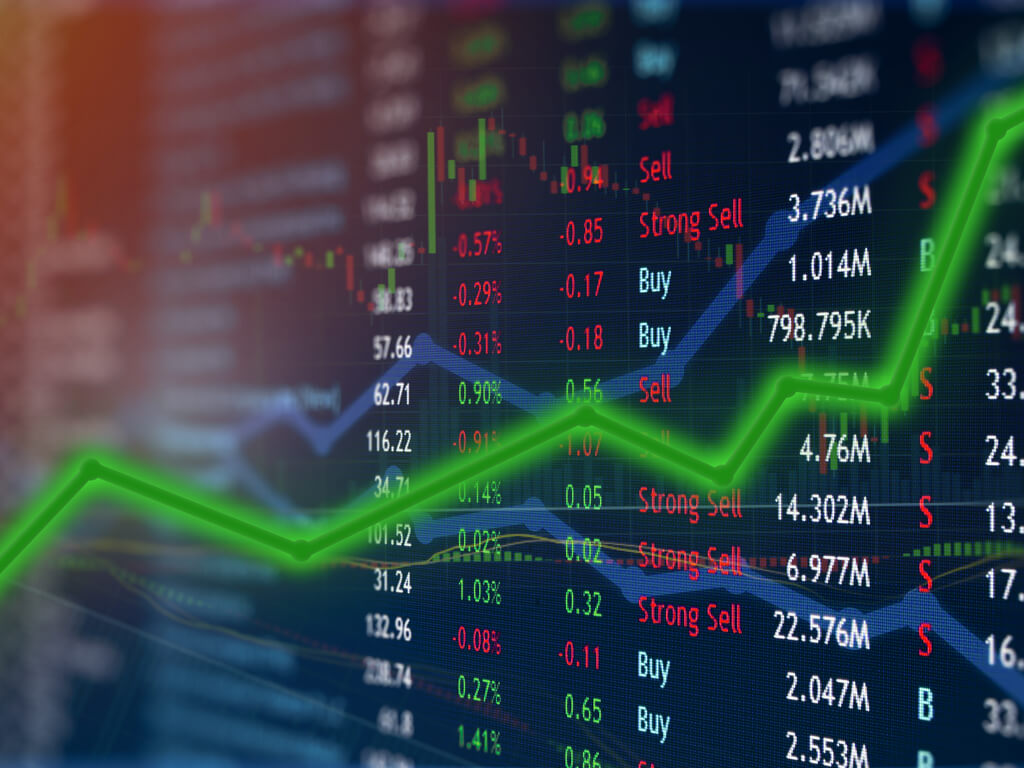The stock market’s recent rollercoaster, with October’s sharp correction followed by a post-midterm election surge, can put the investment community on edge, including commercial real estate investors.
“People who invest in real estate don’t invest in a vacuum,” says Mark Dotzour, a real estate economist who spent 18 years as chief economist of the Real Estate Center at Texas A&M University before opening a private consultancy three years ago.
“They are looking across the whole horizon of investment opportunities, so that includes stocks and bonds, private equity, public REITs, all of that. My belief is that stock and bond market behavior—volatility if you want to call it that—has a significant impact on real estate investment decisions.”
It’s impossible to completely separate one’s emotional reactions from financial behavior, says Mike Ervolini, CEO of Cabot Investment Technology, which sells behavioral finance software to professional equity fund managers. Ervolini previously served as a portfolio manager and CIO with AEW Capital Management.
Real estate investors pay close attention to what’s happening in the stock and bond markets and while they may be able to overlook recent volatility, they’ll need to keep an eye on longer-term trends to determine if commercial real estate investment is still the best bet for their financial portfolios, according to Dotzour. For now, it seems the answer is yes.
“When the stock market is high, on a relative basis, it is less of a competitor against commercial real estate,” Dotzour notes. “For the last two or three years, not only have stock prices been pushing to new highs, but the margin debt is at a record high.” Dotzour notes that, historically, when margin debt gets high, there is increased risk of a significant downturn if that margin debt unwinds.
“That is part of the reason why real estate prices continue to go up and yields continue to get lower because I don’t think the stock market or bond market is a real competitor right now,” he says.
Stock market volatility typically encourages investment in income-producing commercial real estate properties as investors seek see to reduce risk, according to Charles Wurtzebach, chair of the real estate department with DePaul University.
“Volatility in the stock market indicates uncertainty or uneasiness, concern with the future of the market and, in many instances when investors have that concern or that risk, they are looking for a more stable, more reliable cash flow. Commercial real estate meets that need,” he says.
Still, investors may face challenges in effectively moving a portion of their financial portfolio from stocks into real estate as investing directly in real estate can have a long lead time. The publicly-traded REIT market is an immediate option, but in the short term, the volatility in the overall stock market may also cause volatility in the publicly-traded REIT sector, though public REITS can be an attractive long-term option, Wurtzebach notes.
So far, there doesn’t seem to be hard evidence of major shifts in real estate investor behavior due to the current stock market volatility, he adds, while also pointing to the long-standing trend of both individuals and institutions increasing the allocation to real estate in their portfolio.
The commercial real estate market remains healthy despite the angst investors may be feeling over stock market volatility, he notes.
“The returns [on commercial real esate] are not going to be as high over the next five years as they were over the last five, but that is indicative of being in a mature cycle,” Wurtzebach says.


